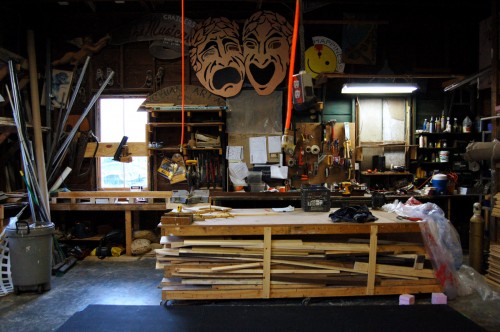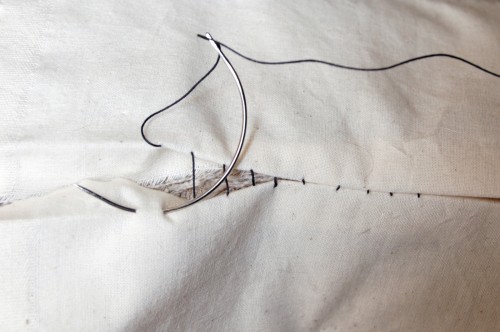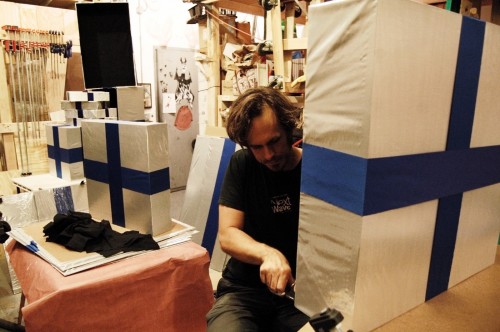The following is the second part of an article which appeared in an 1884 issue of the Bismarck Weekly Tribune. The first part was posted last week:
“Writing letters is another important duty of the property man. The letters which people read on the stage are all written for them by him. Actors do not commit them to memory, but simply read them when they are handed to them upon the stage. In the multiplicity of his cares the property man sometimes forgets to write one of these letters, and when the actor to whom it is handed opens it he finds only a blank sheet of paper. His wits must serve him then, and if he knows the general purport of the letter he can improvise it. If not he can only affect to read and exclaim when he has finished: ”Tis well.’
Swearing at Property Men.
“More fault is found with the property man than with all the other attaches of the stage put together. A property man is expected to know how to make anything and everything. If there is a crown and scepter required, if a golden goblet is needed, or if there is a demand for a handsome drawing-room mantel, the property man must make them all, and no one outside of the profession can have any idea of the skill with which a first-rate property man can make a most deceptive imitation of almost anything. Turkeys and chickens, either with their feathers on or dressed and roasted for the table; fish and vegetables of all kinds, pies and cakes—all are within the resources of his art, as indeed it would be hard to name anything that is not.
Several days before the production of a new play there is given to the property man a complete list of all the properties required therein, and it is his duty to see that they are all ready in their proper places at the proper time. Many of these things, of course, he already has in his extensive collection in the property-room. Others he will borrow, if he can, from other theatres or from stores which deal in the articles required. China and glassware, furniture, fancy riding whips, paintings and bric-a-brac are always borrowed from stores, the dealers being glad to loan them for the sake of obtaining free admission to the theatre and of having their name on the house programme.”
“The Property Manâ€, The Bismarck Weekly Tribune, Oct 31, 1884, pg 2. Reprinted from The Philadelphia Times.








